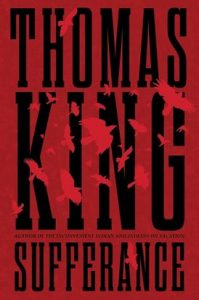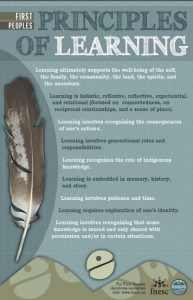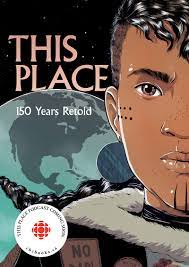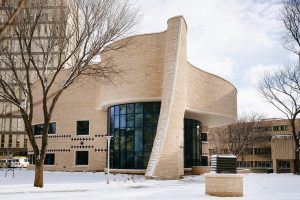https://www.sciencedirect.com/science/article/pii/S0016718520301524
This article in Geoforum, Volume 11, examines the Indigenous Food and Medicine Garden at Western University, its importance to the Indigenous community at the university, and the tensions and challenges that have come up between the care takers of the garden and the University Administration. To me, this is an important study as my district starts to look at indigenizing more spaces in and around New West schools. We need to make sure we look at the ways we work with the care takers of these ground and allow them the opportunity for self-determination without a colonizer viewpoint overtaking their beliefs.






